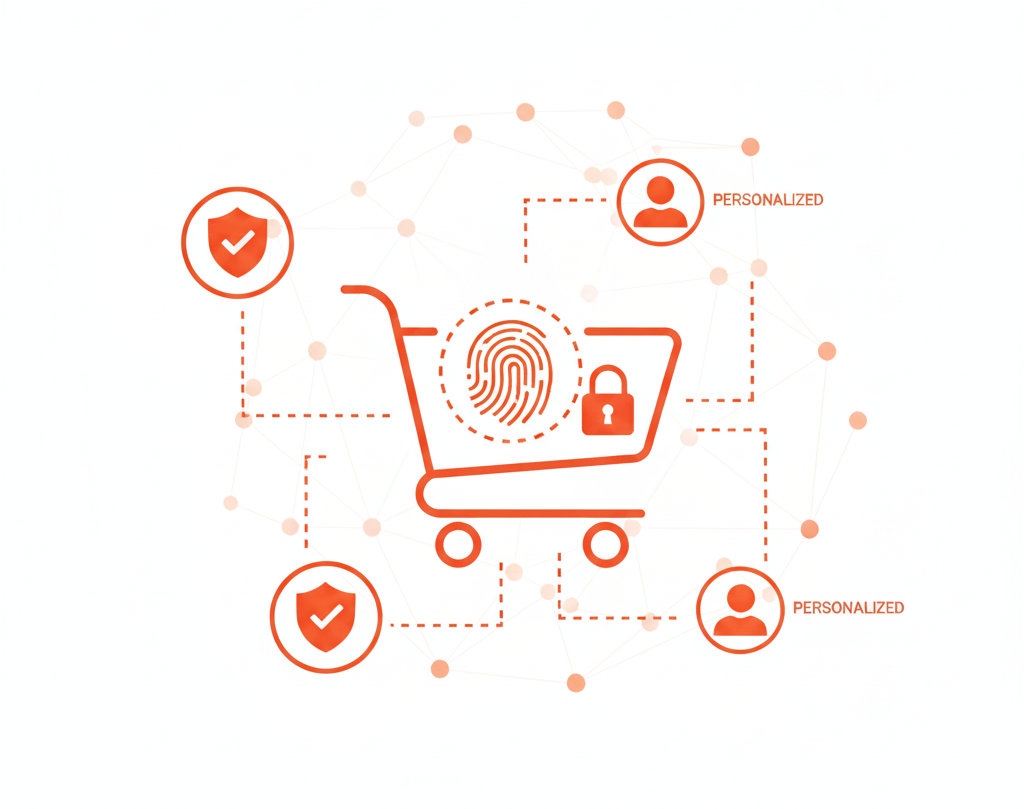Identity-Driven Retail
Identity-Driven Retail enables businesses to deliver seamless, secure, and personalized shopping experiences. By uniting convenience with strong protection, it drives customer loyalty and sustainable growth.

Identity-Driven Retail enables businesses to deliver seamless, secure, and personalized shopping experiences. By uniting convenience with strong protection, it drives customer loyalty and sustainable growth.

Make customer access simple and secure—so you can spend less time on logins and more time driving revenue.
Protect your customers with advanced authentication and intelligent threat detection that activates only when needed, preventing data breaches while keeping access seamless and friction-free.
Identity-Driven Retail enables businesses to deliver seamless, secure, and personalized shopping experiences. By uniting convenience with strong protection, it drives customer loyalty and sustainable growth.

Unify customer identities, streamline shopping journeys, and safeguard against fraud while staying ahead of competition.
Ensure compliance, protect data, and deliver seamless experiences that build traveler trust and loyalty.
Securely scale B2B and D2C channels with unified identity solutions that drive growth and satisfaction.
BLOG
Roll-Based Access Control (RBAC) and React apps


VIDEO
AuthO Platform Overview

INTRODUCTION TO IDENTITY
What is OAuth 2.0?


